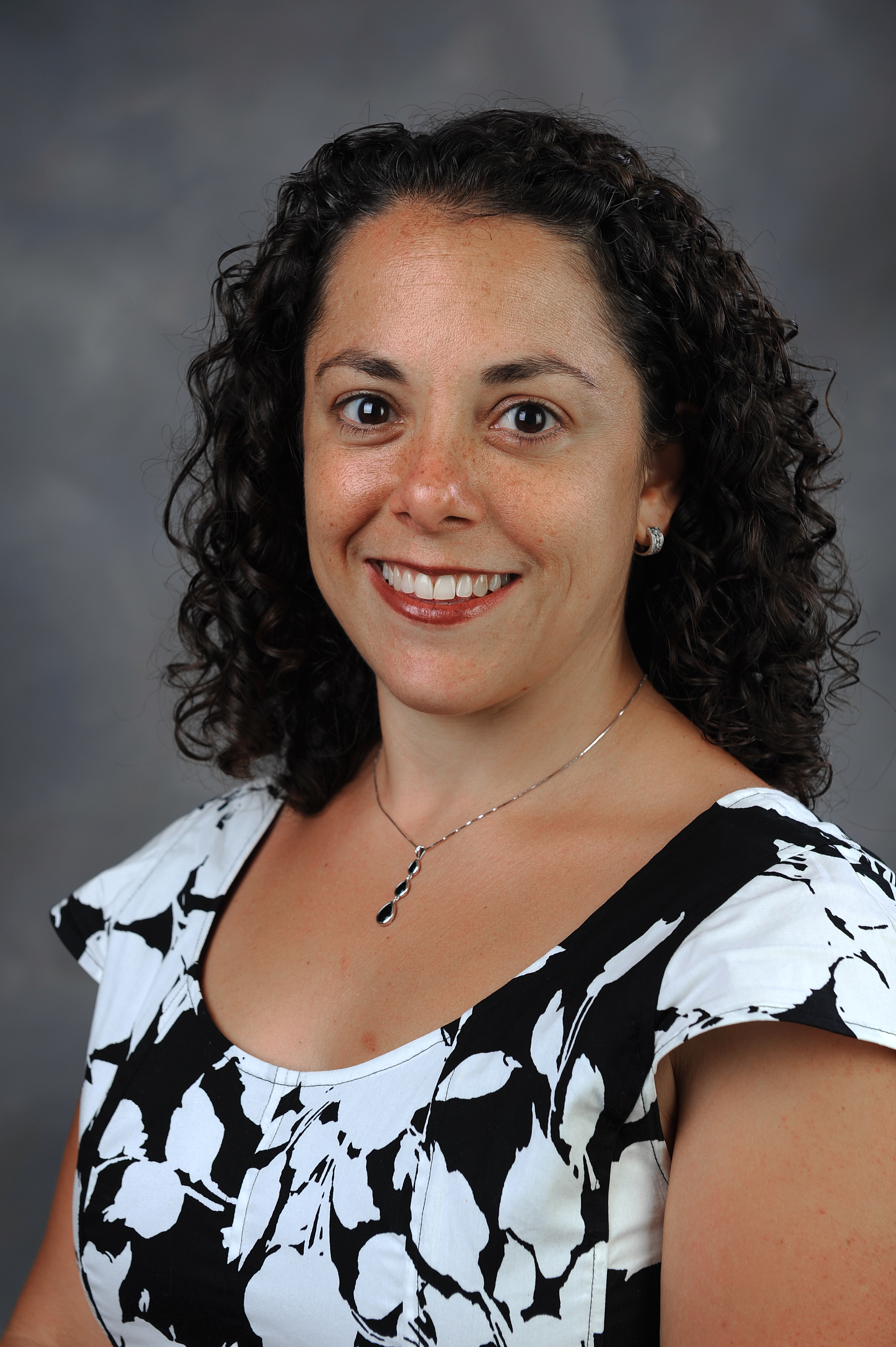Allocco worked with Xenia Zeiler to organize the two linked panels, “Intensification vs. Sweetening? New Patterns in Contemporary Hindu Representation and Practice,” as one outcome of the Collaborative International Research Grant they were awarded by the American Academy of Religion
Amy Allocco, an associate professor in the Department of Religious Studies and the director of Elon’s Multifaith Scholars program, recently co-convened a double panel at the 49th Annual Conference on South Asia, an interdisciplinary South Asian studies conference hosted by the University of Wisconsin-Madison from Oct. 20 to Oct. 24.
Allocco collaborated with Xenia Zeiler of the University of Helsinki to organize the linked panels, “Intensification vs. Sweetening? New Patterns in Contemporary Hindu Representation and Practice.” Allocco presented a paper, “When the Dead Will Not Be Denied: Insistence, Persistence, and Resistance in Pūvāṭaikkāri Pūjās,” based on her ethnographic research in Tamil-speaking South India in the first of the two panels, which included eight papers in total.
The two conference sessions brought together a diverse group of nine scholars of South Asian religions and cultures to present on their current research related to two converging and diverging currents which increasingly shape contemporary Hindu practices and beliefs, namely “sweetening” and “intensification.” Individual papers examined the move to, on the one hand, standardize ritual practices, mellow divine personalities and mainstream theologies alongside efforts to, on the other, insist on the continuing relevance of more rigorous—and frequently marginalized—religious practices and beliefs.
While we have historically seen and continue to witness movements to soften or mute the fiercer aspects of some Hindu gods’/goddesses’ representations, iconography and ritual practices, these panels paid particular attention to contemporary assertions of these representations and practices as intrinsic and an insistence on continuing them. The presenters included an international complement of scholars at different career stages and in several disciplines, including anthropology, South Asian studies and religious studies.

Allocco’s paper analyzed the dynamics operative in elaborate Hindu invitation ceremonies to call departed relatives back into the world. Grounded in long-term ethnographic fieldwork conducted in non-Brahmin Hindu communities in Tamil Nadu, this paper theorized from a 2019 ceremony performed to bring a dead man named Ganapathy back into his family’s midst to consider how the dead make their desires known through possession performances and demand particular offerings and practices, including alcohol, crematory ash/grave soil, and tongue-piercing. In the ritual to return Ganapathy to the world as a pūvāṭaikkāri—a term which literally means “a woman who wears flowers” but may refer to any deceased relative who is worshiped as a family god—we see a dead patriarch unwilling to settle for fruits, sweets, and vegetarian delicacies, insisting instead on offerings more suited to his appetites and preferences. These exchanges vividly highlight the dynamics of insistence, persistence, and resistance that are operative in such dialogues with the dead, wherein the dead habitually refuse sweeter or more sanitized substitutions. Allocco’s paper argued, therefore, that the dead’s steadfast refusal to be satisfied by anything but fierce tongue-piercing practices, ash/soil and alcohol signals a deliberate resistance to the sweetening trends visible in many contemporary Tamil ritual contexts.
Allocco’s paper was followed by one focused on Tamil-speaking Hindu communities in eastern Sri Lanka, offered by Eva Ambos (University of Tübingen, Germany) and independent researcher Karththiha Suvendranathan (Batticaloa, Sri Lanka). A pair of papers on Hindu ritual and religious dynamics in the Indian Himalayas presented by Brian K. Pennington (Elon University) and Aftab S. Jassal (University of California San Diego) rounded out the first panel. The second panel included papers presented by Dheepa Sundaram (University of Denver), Sravana Borkataky-Varma (Harvard Divinity School), Jeremy Saul (Mahidol University, Thailand) and Xenia Zeiler (University of Helsinki, Finland).
The double panel at this year’s Annual Conference on South Asia is one outcome of the Collaborative International Research Grant that Allocco and Zeiler were awarded by the American Academy of Religion. The pair is now in conversation about publishing select papers from these linked panels as part of a special, guest-edited issue.



